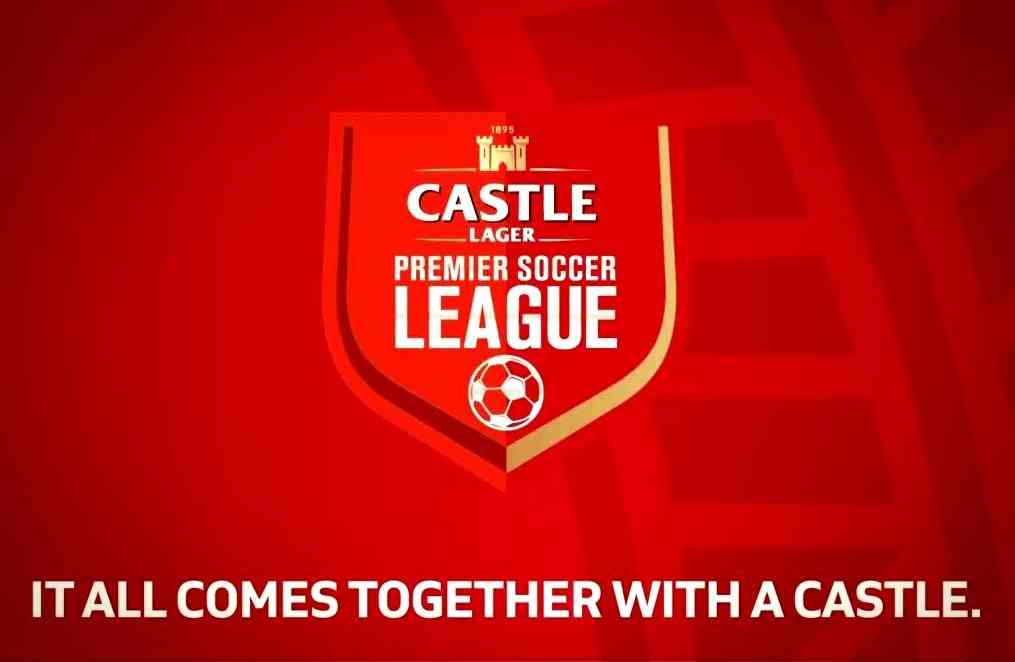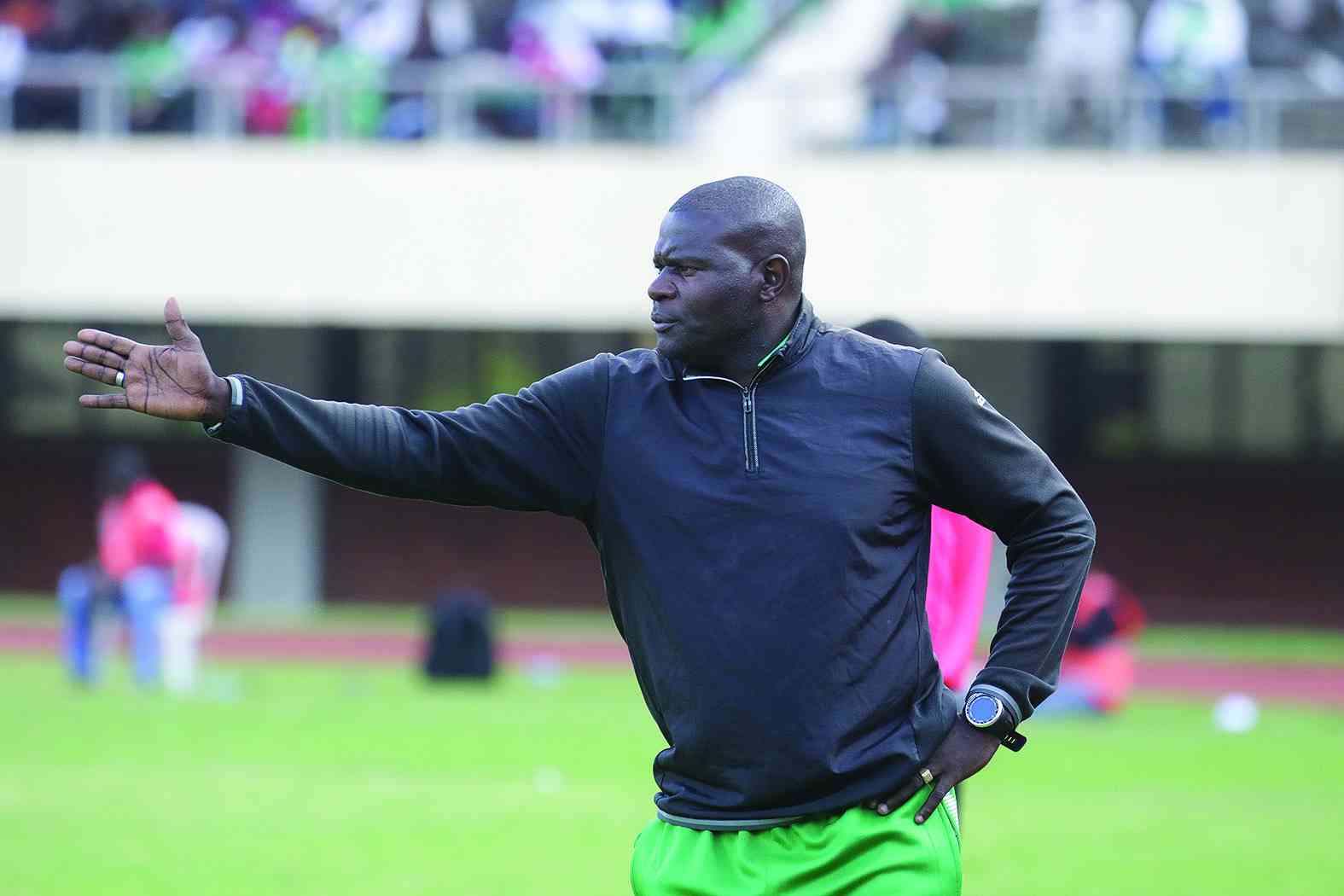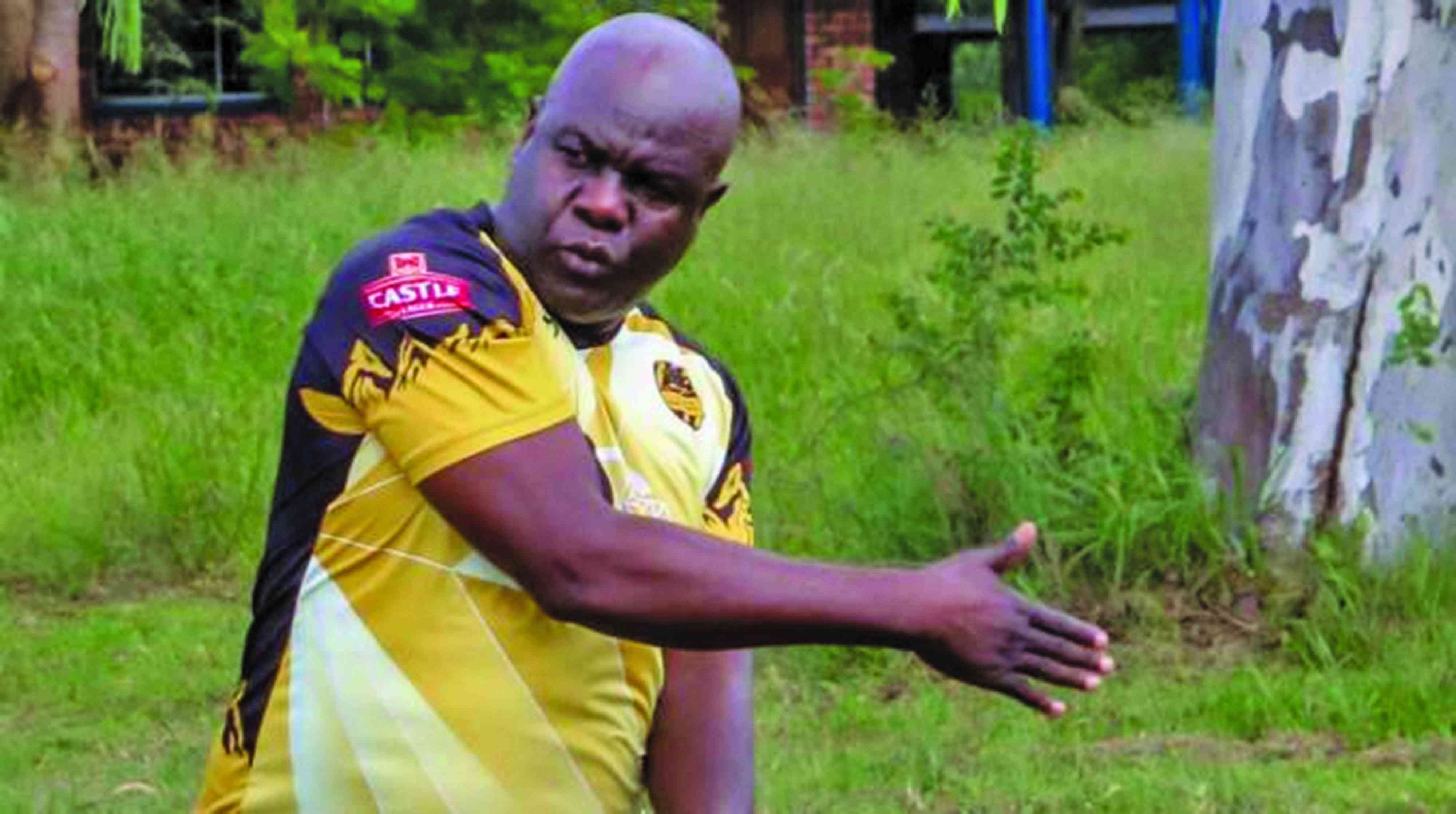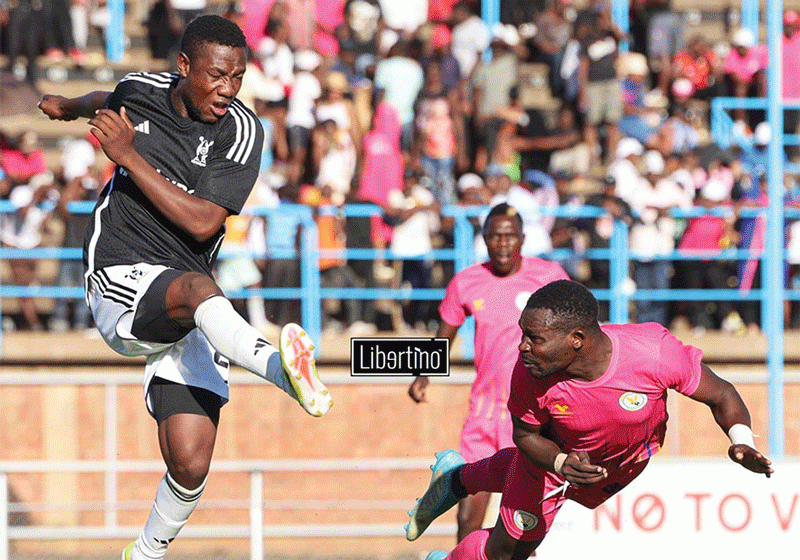
IT now seems the norm that individually owned clubs cannot survive the financial demands of the Premier Soccer League (PSL).
___________________________________________________________________
SPECIAL REPORT BY WELLINGTON TONI
 Amazulu, Motor Action, Monomotapa and Gunners are all former PSL champions, but have all folded in recent years.
Amazulu, Motor Action, Monomotapa and Gunners are all former PSL champions, but have all folded in recent years.
AmaZulu, formerly owned by Bulawayo businessman Delma Lupepe and league champions in 2003, fell foul over their refusal to play matches on Saturdays and when it came to their fixtures against the Motor Action, the Harare side owned by Eric and Liz Rosen, would not budge and Amazulu were eventually booted out of the league.
However, financial strain seemed to have taken its toll on the club and it disbanded.
Motor Action won the league in 2010, but were relegated at the end of last season due to financial stress.
They did not even have a team in the second half of the season and had to rely on boys from the famous Aces Youth Soccer Academy who needed top-flight exposure. The Mighty Bulls failed to pay affiliation fees to the Northern Region Division One league this season, signalling their end.
Individually owned clubs seem not to be favoured by the corporate world.
- Chamisa under fire over US$120K donation
- Mavhunga puts DeMbare into Chibuku quarterfinals
- Pension funds bet on Cabora Bassa oilfields
- Councils defy govt fire tender directive
Keep Reading
It has become the norm that corporates dance with giants — the “permanent” members of the league — Dynamos and Highlanders and don’t want to take risks with “yoyo” teams.
Monomotapa turned into academy
Even Caps United have struggled for corporate support and owner Twine Phiri, who is also PSL chairman, has had to put together a board to assist in running his club.
Monomotapa, champions in 2008, have turned into an academy, but the banning of its founder Solomon Mugavazi after the infamous Malaysian trip that the team undertook posing as the national team, the Warriors, during the Asiagate match-fixing scandal precipitated their demise. It impacted negatively on their sponsorship.
Gunners, champions in 2009, have been in Division One for two seasons now and have been “handed over” to Prophetic, Healing and Deliverance (PHD) founder Walter Magaya and renamed Yadah Gunners. It is formerly owned by Cuthbert Chitima, who is also a senior member of the church.
The current PSL set up
Community teams Highlanders — (Own club offices in the city, a clubhouse with two sports bars and a camping house in the high density suburb of Luveve), Dynamos, Chiredzi FC
Individually owned
Caps United — Twine Phiri
Company teams
1 — FC Platinum — Mimosa Mining Company (under the Club licensing rules and regulations, FC Platinum leads the way as they are a registered company that operate a sports shop, night clubs, service station and guest houses in Zvishavane, a state-of-the-art gym, have a full time media liasion officer and are planning an ultra-city along the Zvishavane-Bulawayo Highway)
2 — ZPC Kariba — Zimbabwe Power Company
3 — Black Rhinos — Zimbabwe National Army
4 — Chapungu — Airforce of Zimbabwe
5 — Buffaloes — Zimbabwe National Army/Mutare community
6 — Triangle — Tongaat Hullet
7 — Bantu Rovers — Methembe Ndlovu/Grassroots Soccer Zimbabwe
8 — How Mine — Metallon Gold (Zimbabwe) Pvt Ltd
9 — Harare City — Harare City Council
10 — Hwange — Hwange Colliery Company Ltd
11 — Shabanie Mine — SMM Holdings/Zvishavane community
12 — Chicken Inn — Innscor Byo
Caf pushing for tougher licensing rules
The Confederation of African Football (Caf) is also pushing for tougher licensing rules that have financial implications for clubs.
These include the setting up of professional structures within the clubs and this means qualified personnel that may be expensive to maintain.
Caf has been steadfast in trying to implement this programme and have even hinted at bans for clubs that do not meet the criteria.
Last year, when How Mine and Dynamos registered for the 2014 Champions League and Confederation Cup respectively, Caf insisted on minimum requirements for officials and technical staff and coaches Kalisto Pasuwa and Philani Ncube had to have Caf C coaching Licences as a must.
In addition, the two teams needed to have fully qualified medical personnel.
Individually owned teams that have fallen by the wayside
NB the first four are former champions
AmaZulu — Bulawayo
Motor Action — Harare
Monomotapa — Harare
Gunners — Harare
Others
Sporting Lions, Lengthens, Kiglon, Hardbody, Tripple B, Highway, Njube Sundowns, Quelaton (Div One) and Plumtree Chiefs (Div One)
Caf to ban clubs over requirements
Competitions and Club Licensing: Role of CAF, Federations, Leagues and Clubs
Professional Development of Clubs: Managerial and Finance
Infrastructural Development of Clubs and Stadia
Youth policy
TV Rights, Broadcasting and Production of matches in Africa
Marketing of Competitions and Sponsorship for clubs
Club Licensing System in other Confederations (Uefa, AFC)
Legal issues concerning Clubs and Status of Players
According to the club licensing system Article 9.2.1 A Criteria which deals with ownership and control of clubs, the licence applicant must submit a legally valid declaration outlining the ownership structure and control mechanism of the club and confirming the following:
No natural or legal person involved in the management, administration and/or sporting performance of the club, either directly or indirectly:
a) holds or deals in the securities or shares of any other club participating in the same competition; or
b) holds a majority of the shareholders’ voting rights of any other club participating in the same competition; or
c) has the right to appoint or remove a majority of the members of the administrative, management or supervisory body of any other club participating in the same competition; or
d) is a shareholder and alone controls a majority of the shareholders’ voting rights of any other club participating in the same competition pursuant to an agreement entered into with other shareholders of the club in question; or
e) is a member of any other club participating in the same competition; or
f) is involved in any capacity whatsoever in the management, administration and/or sporting performance of any other club participating in the same competition; or
g) has any power whatsoever in the management, administration and/or sporting performance of any other club participating in the same competition.











